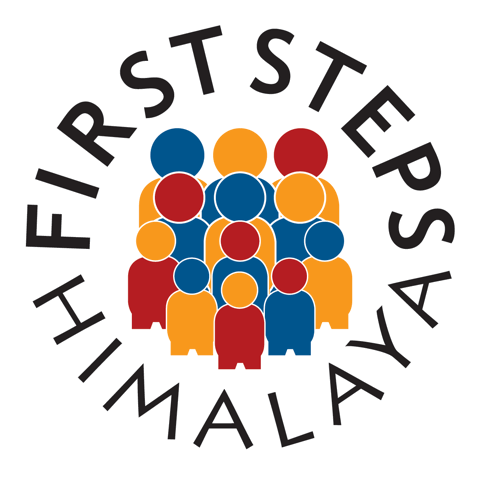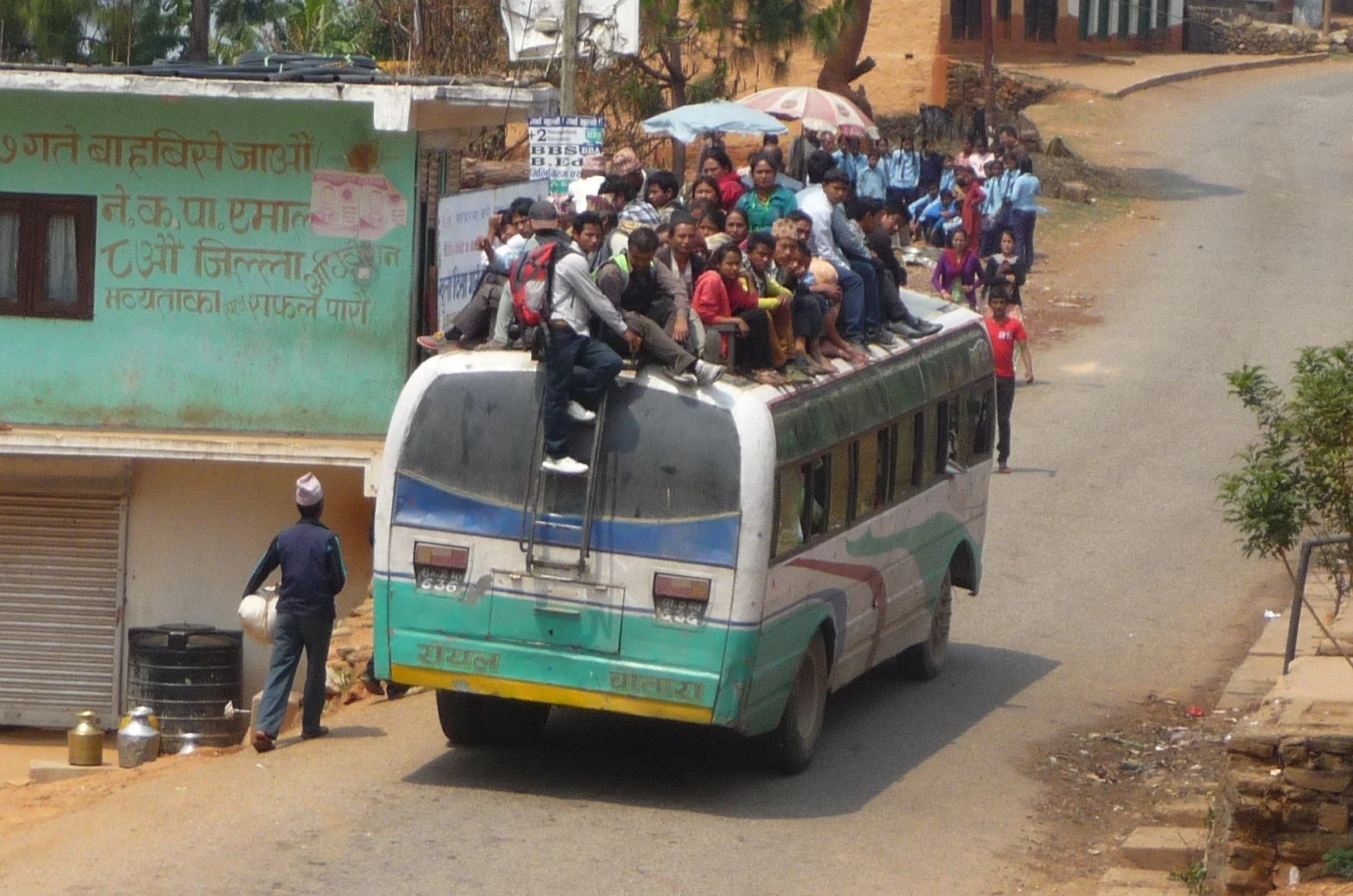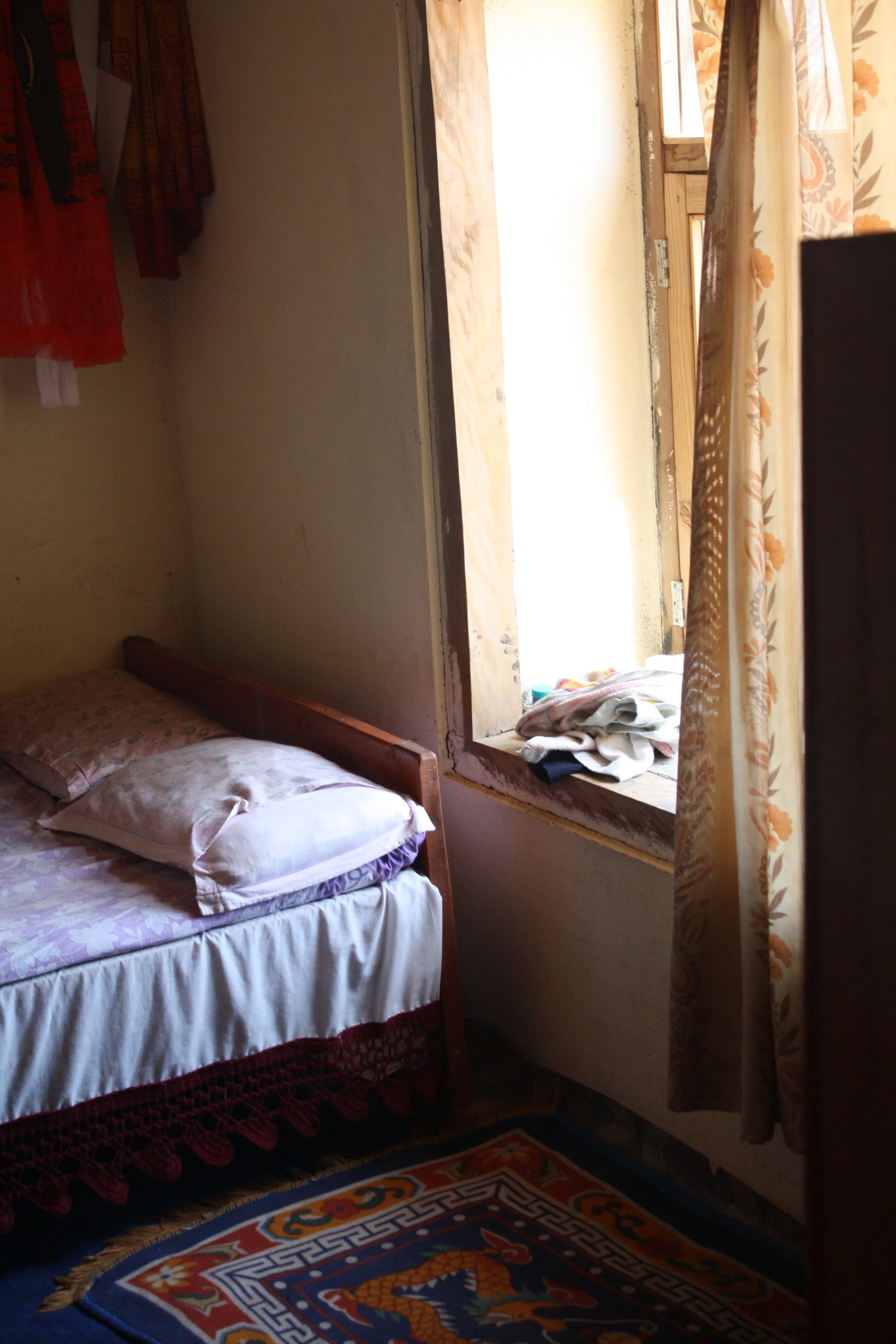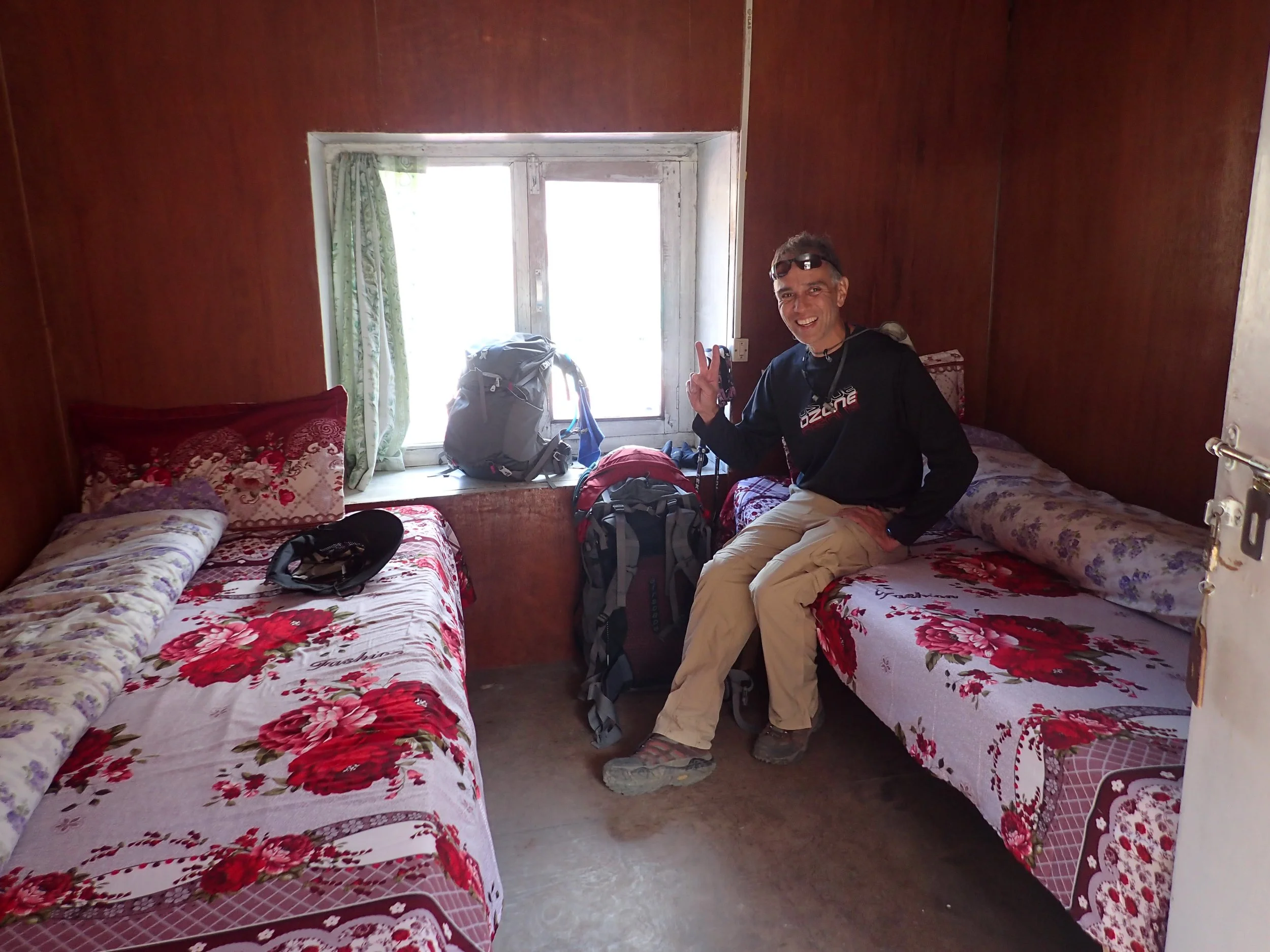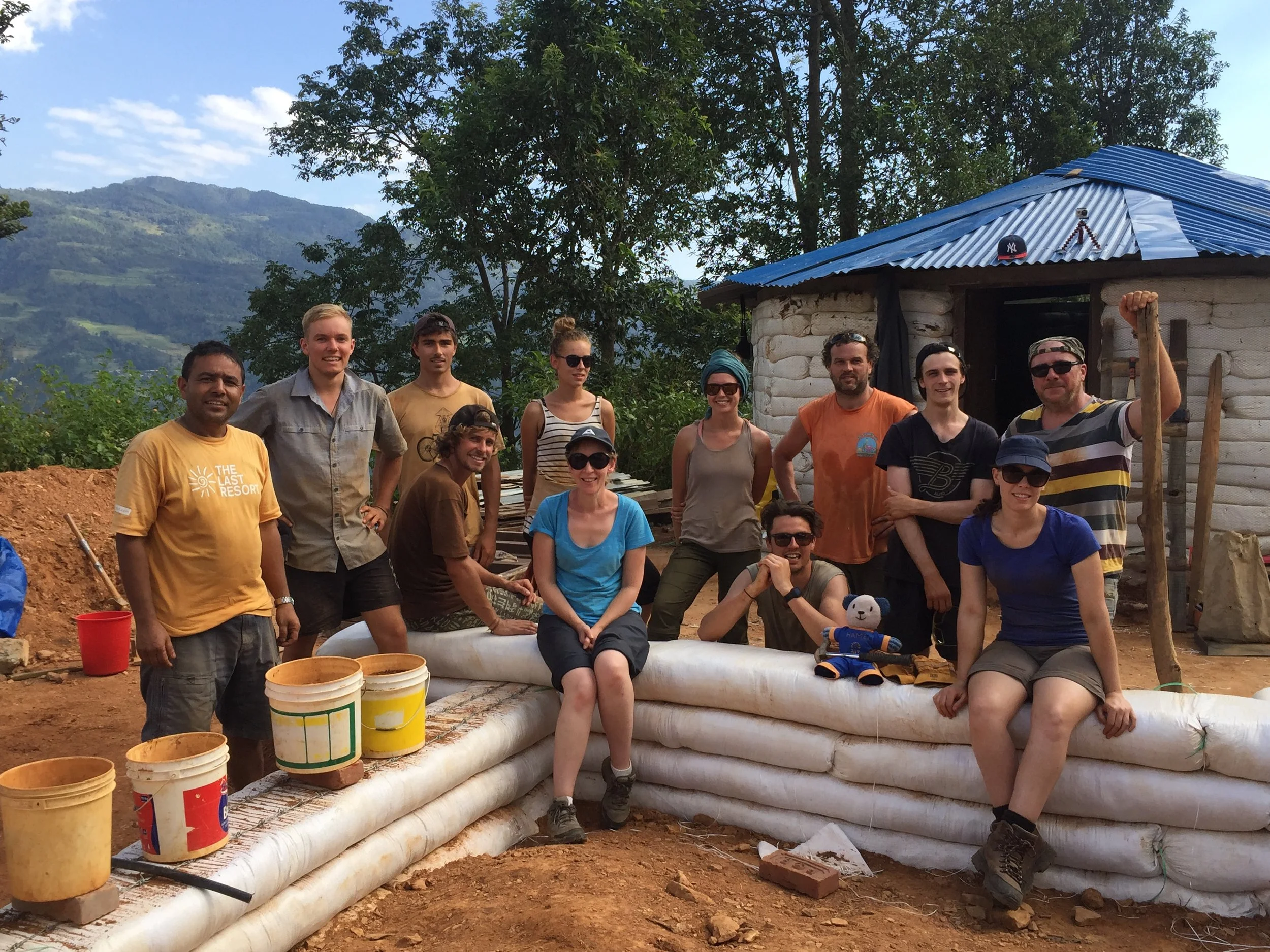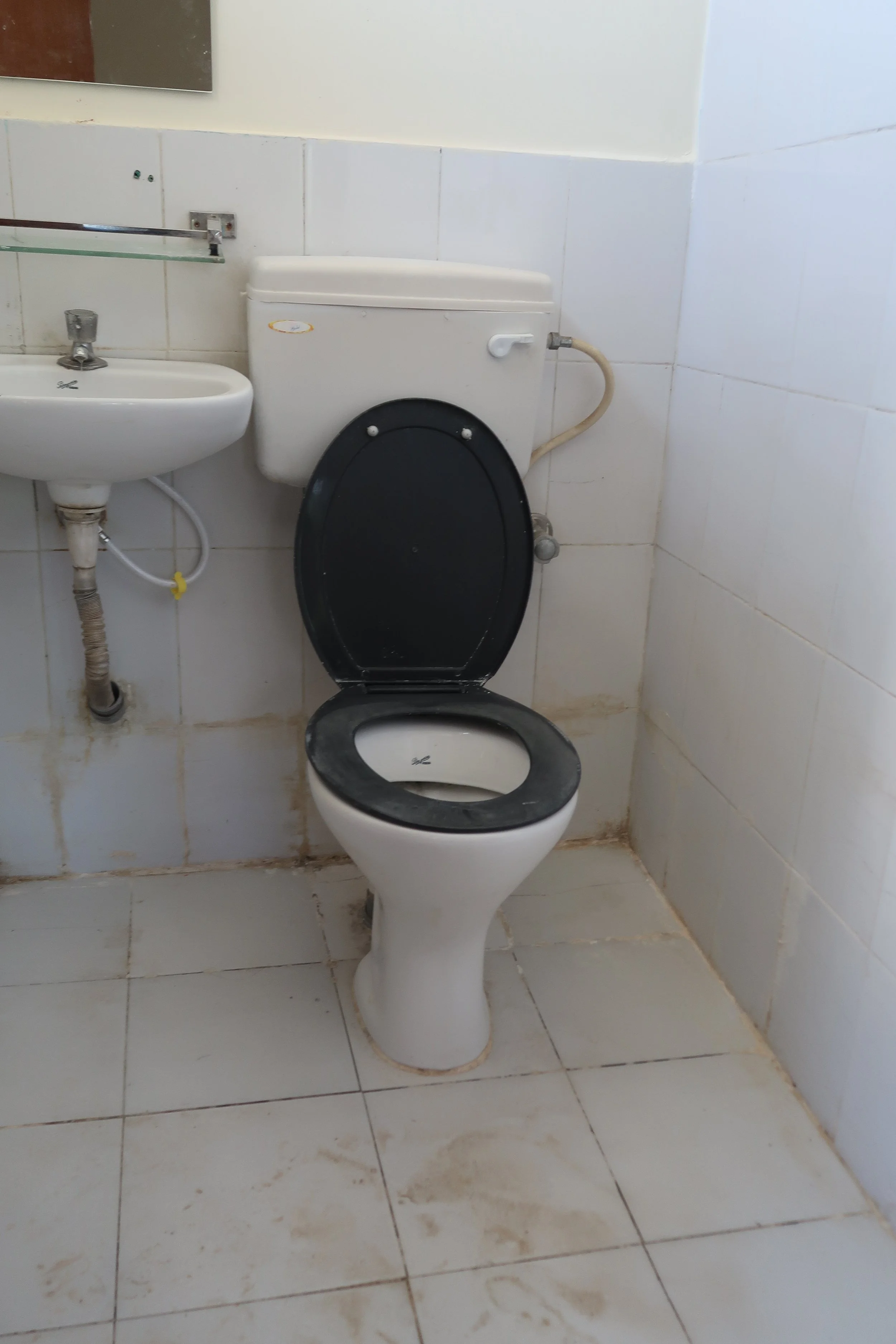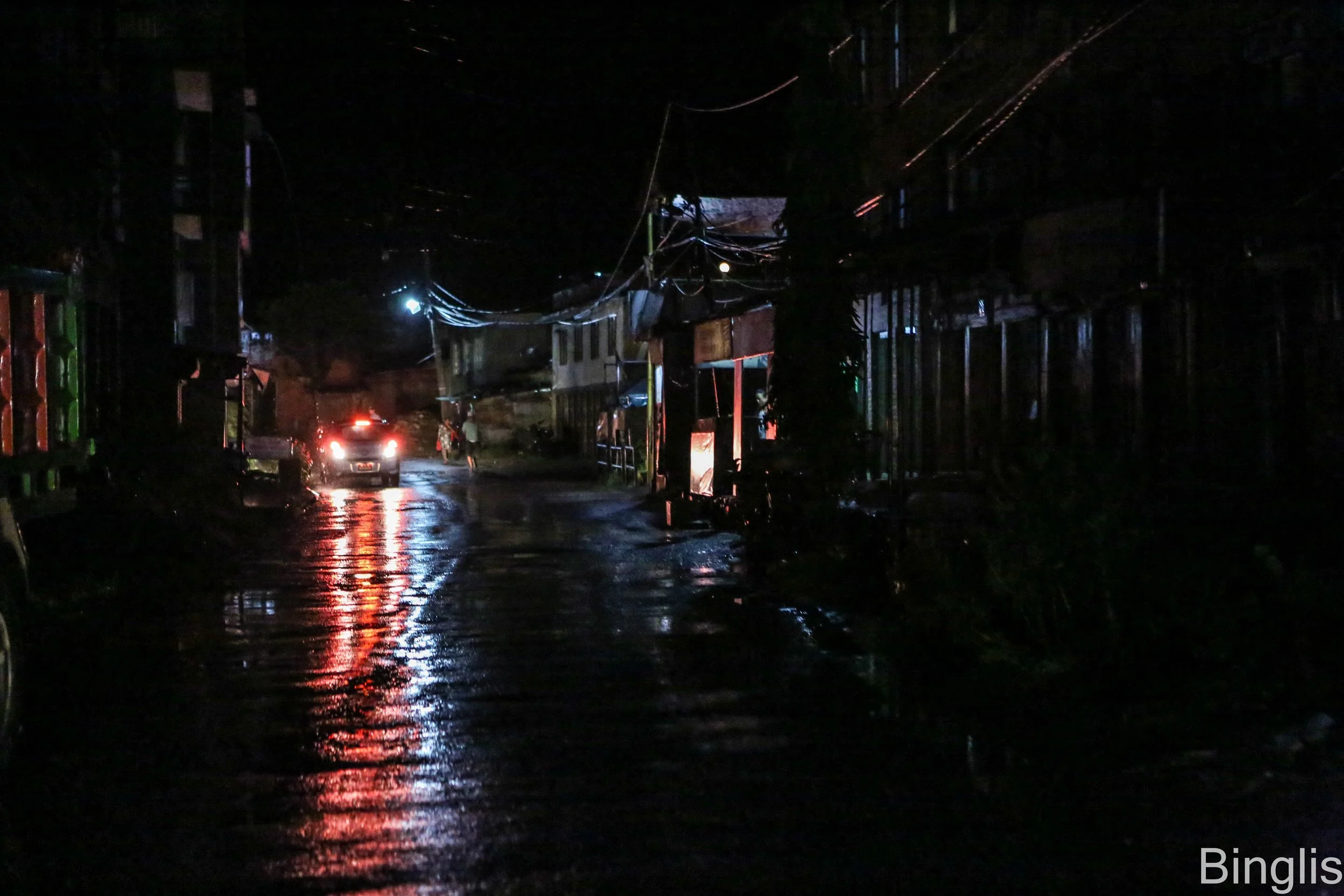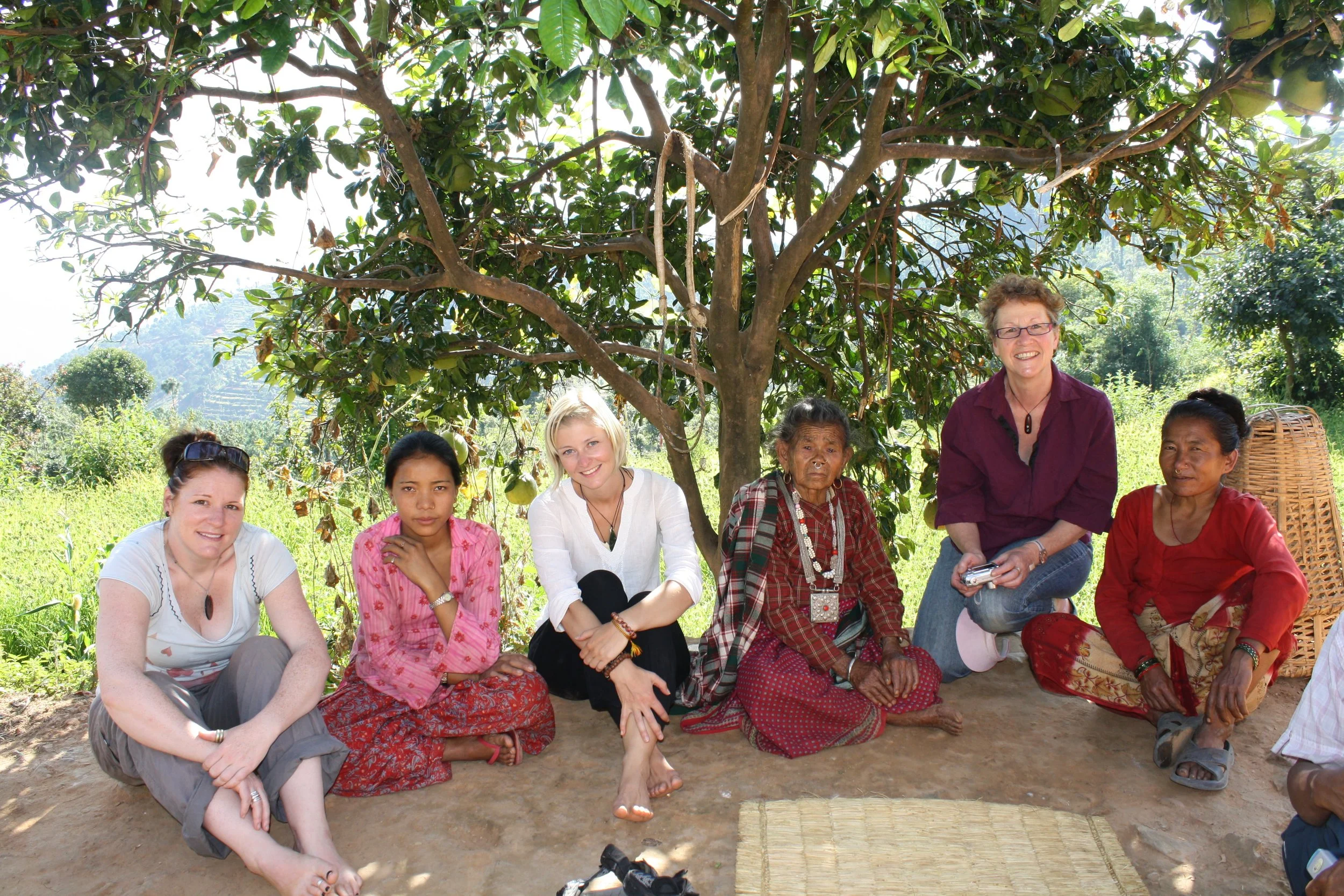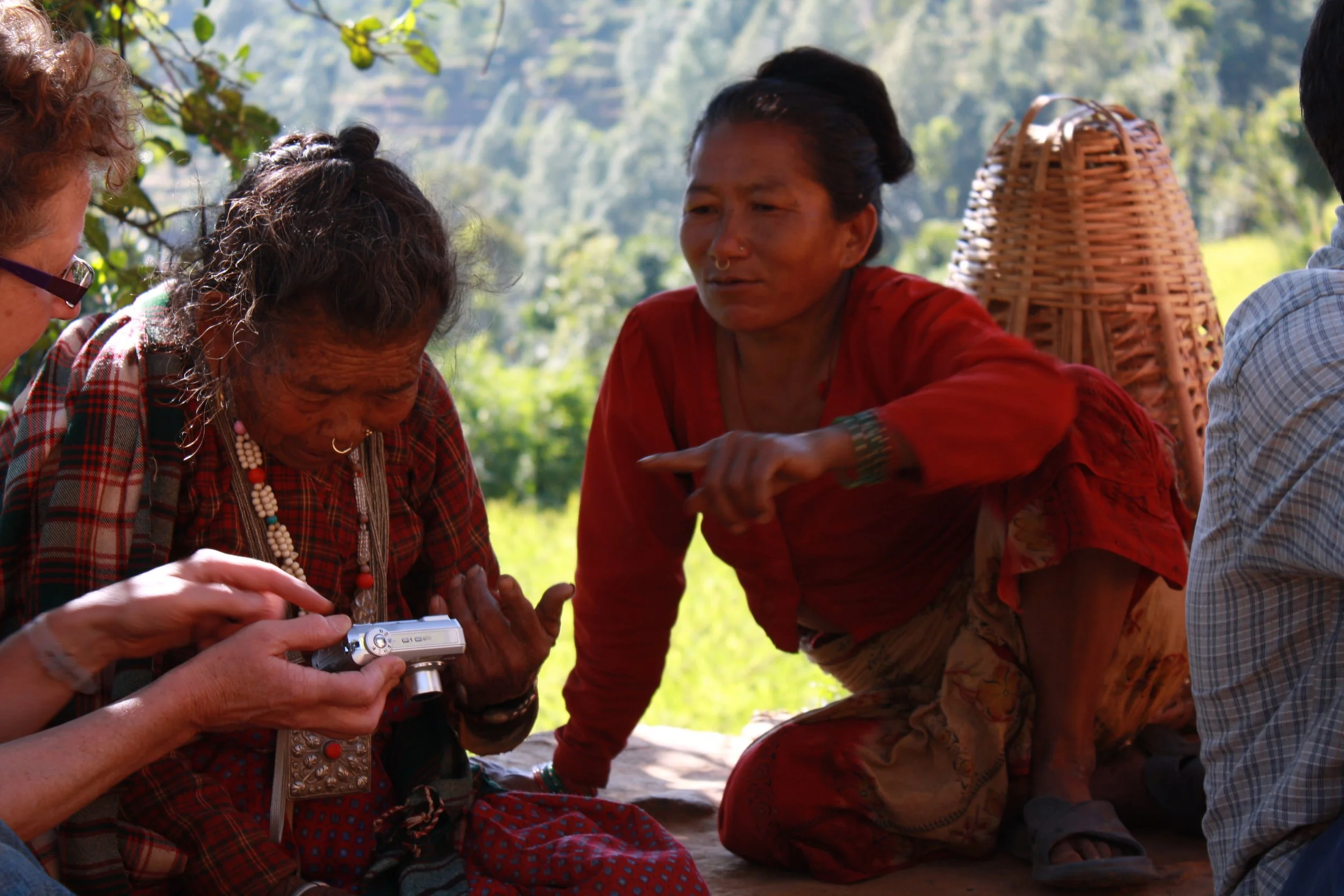Thank you for expressing an interest in volunteering with us!
Volunteering in rural Nepal is a very rewarding life experience but it also comes with a large number of challenges.
Staying in a remote village for an extended period of time is quite different from a normal tourist experience and certainly very different from what you are used to at home.
Is volunteering in Nepal right for you?
We have compiled a list of challenging experiences and things to consider about living and working in a rural Nepali village. It is important to think carefully about how you would react when faced with the challenges below. Can you adapt to very different environments? Can you cope? Will you still enjoy yourself?
Whilst our team does their best to provide comfortable accommodation, transport and food, there are many aspects of rural Nepal which are simply beyond our control. This is something we truly emphasize, as once you are in Nepal, it may be impossible for our team to remedy a complaint, even if we try our very best.
Volunteer locations
We have several volunteer locations in different regions of Nepal. Pictured above is a typical Nepali village at the end of a dusty road where large trucks and local buses often pass through. Don’t expect to find familiar goods. Although there are a couple of shops, they sell mostly dried goods, instant noodles and sweets often not to the Western palette.
A typical village shop
Your host family may have a kitchen like this
Transport
Getting to and from our project areas is relatively easy if you have private transport. However most Nepalis travel by local bus. As a volunteer you may get a ride with our team if we are travelling at the same time. But you will need to be prepared to take local transport from time to time. This can be a colourful and often hair raising experience.
Food
Be prepared to eat very similar meals day after day. In the village, this will be dal bhat (rice with lentil dal) with vegetables (usually mustard spinach, cauliflower and potatoes). Nepalis eat dal bhat twice a day. Breakfast is around 9-10am and dinner around 7-8pm.
In the village, we will provide three meals per day, which most of the time will be traditional Nepali food, as well as tea and coffee. Lunch will normally be served onsite at the project you are working on, whether it be a building site, or a school. Village food at the accommodation will be mostly vegetarian, with the occasional meat that is determined to be safe.
It is very difficult to source meals from rural villages that differ from the standard dal bhat. We know volunteers struggle to eat the same meal time and again, so we try our best to add a bit of variety. For example, we can buy pasta and spaghetti in Kathmandu to eat in the village with tomato sauce and local vegetables. Omlettes and pancakes can sometimes be made for breakfasts. However, we cannot promise delicious, varying meals every day so please appreciate any efforts made by the team. Whilst you can bring your own snacks from home and Kathmandu, getting used to the local food is key to living in the villages.
A volunteer breakfast might include omlette, toast and a hot drink.
Dal bhat again
Dal bhat, the meal Nepalis and you will eat most days.
Cooking dal bhat
Accommodation
Volunteer accommodation is often better than other local accommodation; however, it may not be up to standards you are normally accustomed to. Sometimes the local community will provide accommodation for volunteers. This very much depends on the project and may vary in quality.
You won’t have a wardrobe in your room but may have some nails to hang clothes on. It is a good idea to have a travel bag that is easy to keep your clothes organised. Packing cells are great too. There may or may not be a small table in your room.
Bedding
Most mattresses and pillows will be a lot harder than what you are used to. Sleeping on a firm surface is simply a way of life in rural Nepal. It is extremely difficult and expensive to find soft mattresses and pillows in Nepal and this is something we cannot change. ‘Western’ level bedding tend to only be found in more deluxe hotels of Kathmandu and Pokhara.
Beds may also be quite short. Tall volunteers may need to sleep at an angle to avoid legs hanging over the edge of the bed.
Typical village home stay bedrooms
Showers and keeping clean
You cannot expect continuous access to hot water and you may not have access to a shower at all. Due to a lack of water, expect your showers to be much less frequent than at home. Rural plumbing and electricity varies a lot from day to day and place to place.
In some locations, like our accommodation in Nuwakot, there is a shower head and a boiler which creates hot water, but don’t expect this always to work. In other places there is no shower facility at all in the bathroom. You will wash with a bucket filled with cold water and use a smaller jug to pour over yourself. In such places, it may be possible for staff to boil some water to mix in the bucket, but this cannot be guaranteed. Some places won’t even have a bathroom area for bucket showers and you will wash outdoors. We recommend bringing a flannel or small towel to places where there is no shower to clean yourself.
Shower and bathroom facilities and cleanliness are not to the same standard you are used to at home. Expect improper grouting (if there are tiles – some will just have concrete walls and floor), mould, little light, small shower spaces and general dirt and grime. We recommend bringing flip flops, crocs or similar plastic shoes to wear while washing.
Team of dusty volunteers on an earthbag school build.
Brushing your teeth can be pretty free style. This is often done outside your homestay in the garden. Try and find a spot that no one will mind being covered in toothpaste. Never brush your teeth in tap water and don’t spit into the wind!
For all these reasons, it is important that you are ok with washing from a bucket or, if you have access to a shower, showering once a week. You will feel unclean. Depending on the time of year of your visit, it may also be very hot and you may be sweaty. You will have unclean hair for days on end. If this is something you don’t feel that you can cope with, volunteering in rural Nepal may not be for you.
Toilets
The most typical and traditional toilets in Nepal are squat toilets. As the name implies, these toilets are holes in the ground with a mounded are to place your feet - you must lower your body and squat over the hole to use them. Having balance and using your leg muscles are key to using squat toilets! There may be Western toilets in the village, but it is vital that volunteers are willing and able to use squat toilets given their prevalence. In cases where the Western toilet seats are dirty, you may even prefer to use the squat toilet.
Western toilet in one of our Nuwakot houses.
FSH director Fionna finds the height of the local squat toilet a challenge.
Like showers, toilet areas will probably be grimy, lack light, have wet concrete floors and be quite small. Some toilets may even be covered in faeces (poo). Virtually every rural toilet will smell bad, some worse than others. As with showers, we recommend bringing a pair of flip flops, crocs or similar plastic shoes to wear to the toilet.
Smelly, dirty toilets are inevitable in a developing country that lacks infrastructure. Especially when travelling for long distances by car, be prepared to pee and poo in the forests and fields by the side of the road as toilets may not be available. A further word of warning: petrol station toilets can be especially vile!
Wayside restaurant toilets
In some accommodations, the toilet will be in an outhouse outside the main building. This is something to keep in mind if you are someone who needs to use the toilet during the night. We recommend always having a torch with you when using the toilet, even during the day, as some may not have windows.
Lastly, almost all toilets will not have toilet paper in them – it is vital to always carry toilet paper or napkins to the toilet with you. Please do not throw anything other than toilet paper down the toilet as this will cause blockages. Instead use the basket next to the toilet.
Women and dealing with your period
You will need to bring sanitary products with you from home. You can purchase pads and perhaps tampons from Kathmandu before heading to the countryside. You may be able to buy disposable pads in the villages, but don’t count on it. Most rural Nepali women use cloth rags which they hand-wash.
Disposing used tampons and pads in rural Nepal is pretty tricky. There may be a basket for rubbish beside the toilet - but you probably won’t want to put your used sanitary products in there. Village refuse is often dumped in a big pile or pit near the village, not taken away discretely in a rubbish truck.
As unpleasant as it sounds, if you think you will have your period while in the village and you use disposable sanitary products, we recommend bringing ziplock bags, storing your used material and packing it out to dispose of at a larger hotel or restaurant when you return to Kathmandu.
Laundry
Any clothes you bring to the village could get dirty, dusty and potentially ruined. As with showering, be prepared to feel unclean as you will probably wear the same used clothes several times over. There are laundrettes in Kathmandu and Pokhara (which are not always reliable) but otherwise you will wash your clothes by hand in a bucket of cold water and scrub them over a stone outside your accommodation.
Washing clothes in a rural Nepali village
Electricity and power cuts
This is another reality of life in Nepal which unfortunately we have no control over! Although the stability of electricity has improved over the last few years, power cuts are still frequent and still something to be aware of. A power cut may impact your ability to charge devices, to access Wi-Fi and internet. Power cuts are sudden and may last anywhere between a few minutes to a few hours. In unlikely cases, there may even be days without electricity. Many hotels in Kathmandu and Pokhara have generators to remedy power cuts, but this is not possible in smaller villages.
The only lights are from a vehicle - this village has a power cut .
Village noises and smells
You will live in a rural community, with village life going on about you, both day and night. You will be surrounded by barking dogs, crowing roosters, the noise of children playing, people coughing, talking, laughing and working.
It is quite normal in Nepal to be awakened to the sound of cockerels or a neighbour cleaning their throat. The latter may sound quite grotesque to you (it can sound like vomiting) but Nepalis do this for their health. You need to be relaxed about constant, bustling noise and the smell of barnyard animals.
Language barriers
In the villages, English is almost non-existent. Your homestay family might have a bit of English but it will be extremely limited. School teachers have some English, but do not count on having a meaningful conversation. Locals will appreciate you trying to learn some Nepali whilst you are there. Our staff however do speak a reasonable level of English.
Other differences you will encounter
People start their day very early around 5.30am and go to bed by 8.30pm. The easiest thing to do is to get into the same habit. It is normal for men to hold hands but not acceptable for male/female couples to hold hands in public. It is not acceptable for anyone to kiss in public. Don’t be alarmed by the number of Nepalis with unusual skin conditions or goiters (large swellings on the neck). These are common here.
Volunteering in Nepal is not for everyone
We encourage you to think realistically about the challenges outlined above. These are the realities of living and working in rural Nepal. Our founding director Fionna, who has lived and travelled extensively in Nepal, still struggles with many of these aspects, as do her half-Nepali kids Rhona and Jamie! If they struggle, you are likely to feel the same. We want you to get the most out of your Nepali experience, but you must be adaptable, able to cope with physical discomfort and keep a relaxed attitude when things don’t go to plan. If a volunteer arrives in their village accommodation and encounters a grimy toilet, hard mattress and no shower, they should not be surprised.
Our team tries their very best to provide a comfortable stay for volunteers but we cannot change many of the realities of living in rural Nepal.
Volunteering in a Nepali village is not for everyone. We want to make sure you have an understanding of what you could be faced with in Nepal before you leave so that you can make an informed decision about whether volunteering is really something you would like to do.
Still keen? Here are some answers to other questions you may have.
How long do I need to volunteer for? That depends on the volunteer placement. Earthbag building volunteers stay from one to four weeks whilst teaching volunteers generally commit to four weeks.
Can I select my volunteering dates? Sort of. Whilst we check with you on your availability, we have to ensure that your volunteering fits into our wider programme. We also have to take into consideration festivals and public holidays (there are a lot of these in Nepal), weather (no volunteering placements during the monsoon from June to August), school holidays and staff availability.
Can I take a break between volunteer stints? Yes absolutely. This often works out best especially if there are holidays or festivals whilst you are in Nepal. It can be nice to volunteer for two or three weeks, go to Pokhara or head off on a trek and return for another week or so.
What skills are you looking for? For our earthbag building projects, experienced builders, carpenters, welders, roofers and concreters as well as anyone who is reasonably fit can apply. Teaching volunteers need to either have a TESOL/TEFL qualification and teaching experience or early years teaching experience. Photography volunteers are also very welcome.
Do I need to pay to volunteer? Yes. Volunteering for First Steps Himalaya (as well as most other organisations in Nepal) comes with a charge. For us to be able to host you in Nepal, we need to have a wide range of arrangements in place which take time and money. So that you feel supported in your volunteering placement, a staff member needs to be close by and available 24/7 in case of emergencies. First Steps Himalaya is a charity and we need to cover our staff time organising the logistics of your stay and the assistance provided by staff who will be working with you. From the moment you contact us to the end of your volunteering placement, we need to ensure that you are being taken care of.
